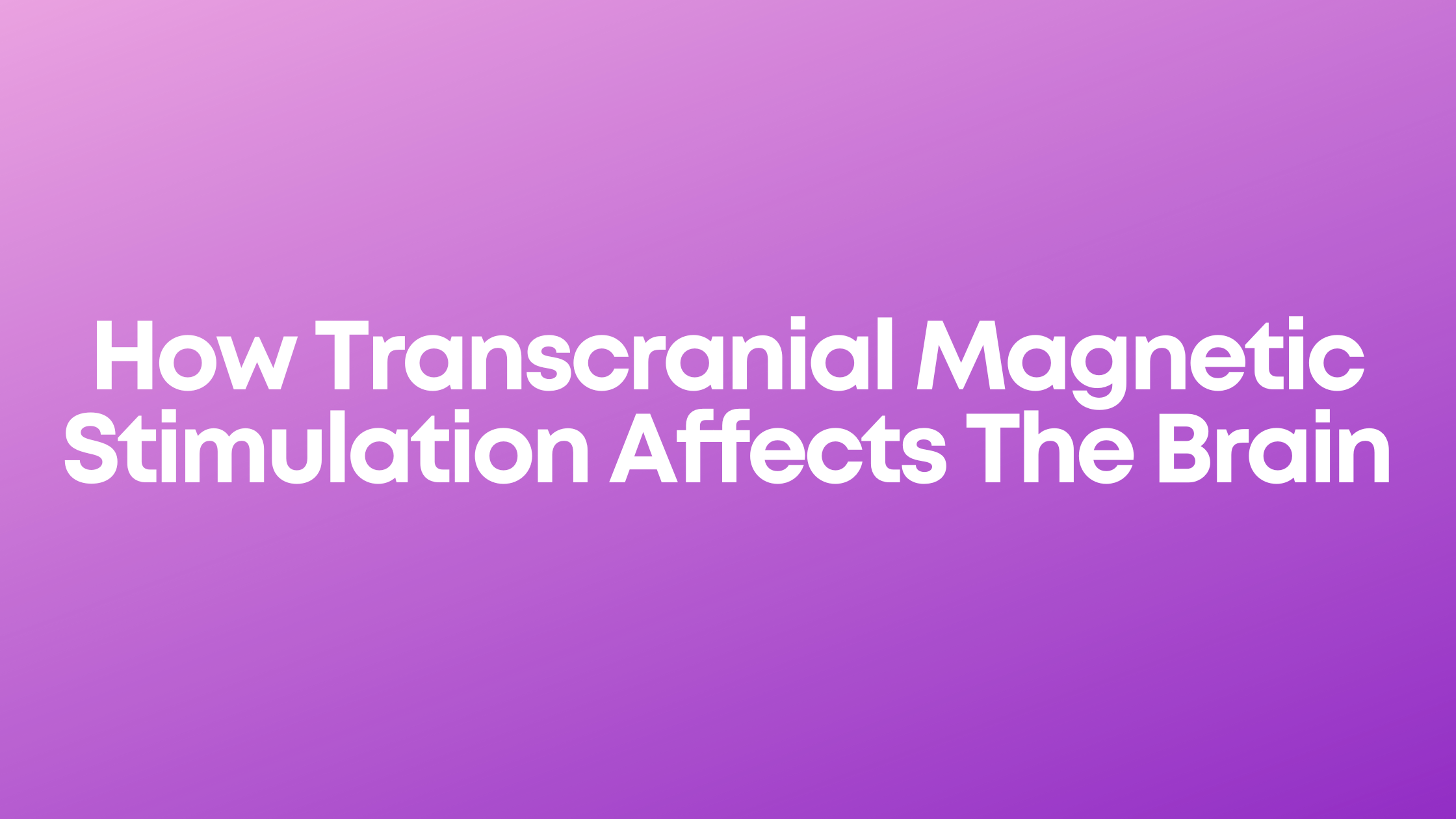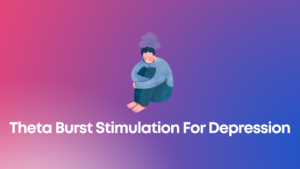Transcranial Magnetic Stimulation (TMS) represents an innovative, non-invasive medical procedure. By directing transient electromagnetic fields to a specific region of the brain, TMS has proven effective in treating conditions like depression, Parkinson’s disease, and obsessive-compulsive disorder when traditional medications have failed. Recent studies from the Paris Brain Institute have demonstrated enduring benefits from TMS in post-stroke rehabilitation. Despite its success in numerous cases, the exact mechanisms by which TMS alters or sustains changes in the neural activities of targeted brain areas have remained largely elusive. With that being said, let’s dive into how transcranial magnetic stimulation affects the brain in this blog.
A Closer Look at TMS’s Effects at the Cellular Level
A groundbreaking study led by doctoral candidate Manon Boyer and researcher Séverine Mahon, in collaboration with Dr. Antoni Valero-Cabre at the Brain Institute, has shed light on the role of low-intensity TMS in modulating the behavior of neurons within the cerebral cortex. This research was recently published in The Journal of Physiology.
By applying recurring low-intensity magnetic stimulation to the somatosensory cortex of an experimental model and observing the intraneuronal electrical activities, the team was able to gain unprecedented insight into the TMS effect from a neuron’s perspective.
The study revealed that repeated low-intensity TMS could trigger action potentials in neurons and incite plasticity, leading to a sustained reduction in neuron excitability and spontaneous activity. This resulted in a decline in the magnitude of synaptic events, indicating a decrease in information transmission between neurons. Importantly, these changes were not mirrored when the cells were directly stimulated with an electric current of the same intensity, confirming the unique role of the magnetic field in the process.
TMS: A New Direction for Therapeutic Intervention
This research suggests that low-intensity TMS has the potential to deliver long-term effects on cortical neuron excitability and activity. This discovery could pave the way for innovative therapeutic strategies for conditions characterized by excessive brain activity, such as epilepsy or Tourette’s syndrome.
Epilepsy, for example, is characterized by abnormally high electrical activity in a group of neurons in the cerebral cortex, which creates an epileptic focus. The application of low-intensity TMS, a non-invasive treatment that can be conveniently administered at a patient’s bedside, shows immense promise for epilepsy sufferers.
At PsyFi TMS, we believe in the power of TMS as a transformative approach to mental health. We’re dedicated to staying at the forefront of this exciting field, offering TMS treatments to those in need. If you or a loved one could benefit from this revolutionary treatment, please reach out to us at info@psyfitms.com. Let’s explore how TMS can be the key to unlock a better, healthier future for you.



